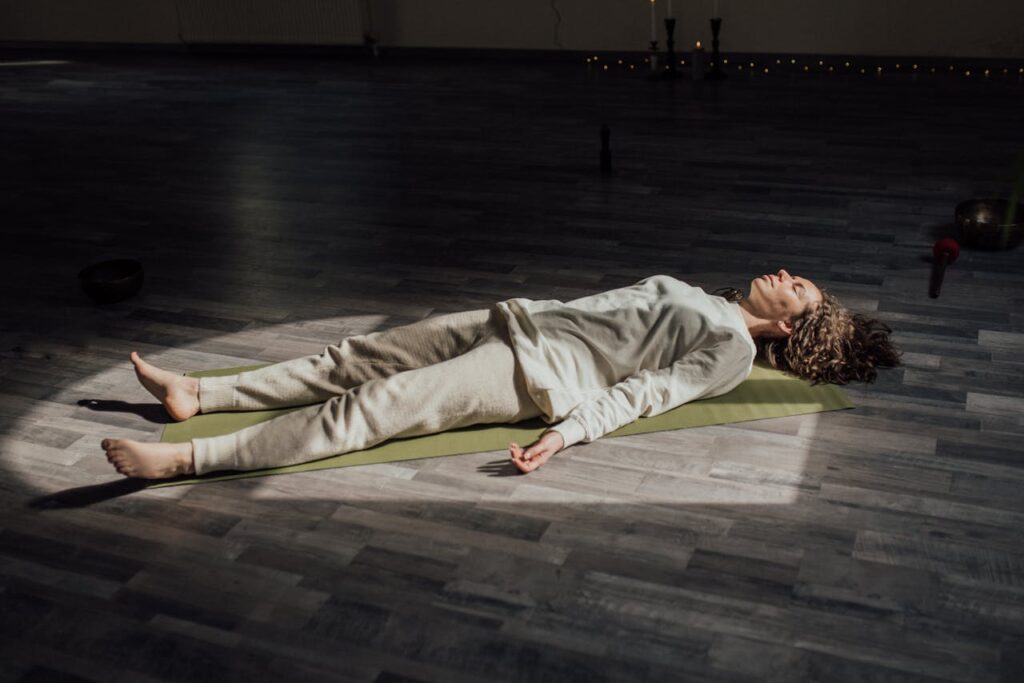In today’s high-pressure professional environment, work stress is an all-too-familiar companion. However, modern research from leading U.S. institutions has provided compelling evidence that a variety of mind–body practices can significantly reduce stress, enhance emotional regulation, and boost overall well-being. These methods—ranging from mindfulness meditation and deep breathing exercises to yoga and other movement-based techniques—are now supported by a wealth of scientific data and are increasingly embraced by health experts and corporations alike.
At the heart of these practices is mindfulness, defined as the non-judgmental awareness of the present moment. Studies conducted by top U.S. research institutions have demonstrated that mindfulness meditation can reduce activity in the amygdala, the brain’s fear center, thereby lessening stress and anxiety responses. For instance, digital mindfulness interventions have been shown to produce sustained improvements in work-related stress and mental health outcomes, with participants reporting enhanced job satisfaction and reduced emotional exhaustion. By engaging in daily mindfulness practices—even for as little as five to ten minutes—busy professionals can begin to rewire their brain’s response to stress, leading to increased resilience and clarity in demanding situations.

Deep breathing exercises are another cornerstone of effective stress management. Unlike many relaxation techniques that may only offer temporary relief, controlled breathing directly influences the autonomic nervous system. This can result in lowered blood pressure, reduced heart rate, and an overall sense of calm. According to the Mayo Clinic, these exercises not only ease physical symptoms of stress but also contribute to improved emotional well-being. In a workplace setting, integrating a few moments of deep, intentional breathing into your daily routine can serve as a “reset button,” helping to stabilize emotions and maintain focus during challenging periods.
Movement-based practices such as yoga and tai chi also offer robust, scientifically supported benefits for stress relief. These practices combine physical activity with mindful awareness, promoting both strength and relaxation simultaneously. Research published by U.S. health organizations indicates that yoga can enhance flexibility, reduce muscle tension, and lower stress hormone levels, thereby fostering a holistic sense of balance and well-being. These benefits extend beyond the physical, as yoga’s meditative components improve concentration and reduce the cognitive load associated with daily stress.

For the modern professional, embracing these evidence-based techniques means more than just managing stress—it is an investment in your overall quality of life. By developing a personalized routine that might include mindfulness meditation, deep breathing, and gentle movement, you empower yourself to face daily challenges with greater resilience, clarity, and balance. Whether you’re a manager in a high-stakes corporate environment or a creative professional juggling multiple projects, these practices can provide the mental space needed to think clearly, work efficiently, and maintain a sense of calm amid the chaos.
Disclaimer:
The content provided in this article is for informational and general wellness purposes only. It is not intended to be a substitute for professional medical advice, diagnosis, or treatment. Always consult with a qualified healthcare provider before making any changes to your health routine or lifestyle, especially if you have existing health conditions. We make no guarantees regarding the effectiveness or safety of any tips or suggestions mentioned. Use your discretion and consult professionals when necessary.
We’re here to inspire healthy habits—not replace your doctor. Stay safe and smart!



